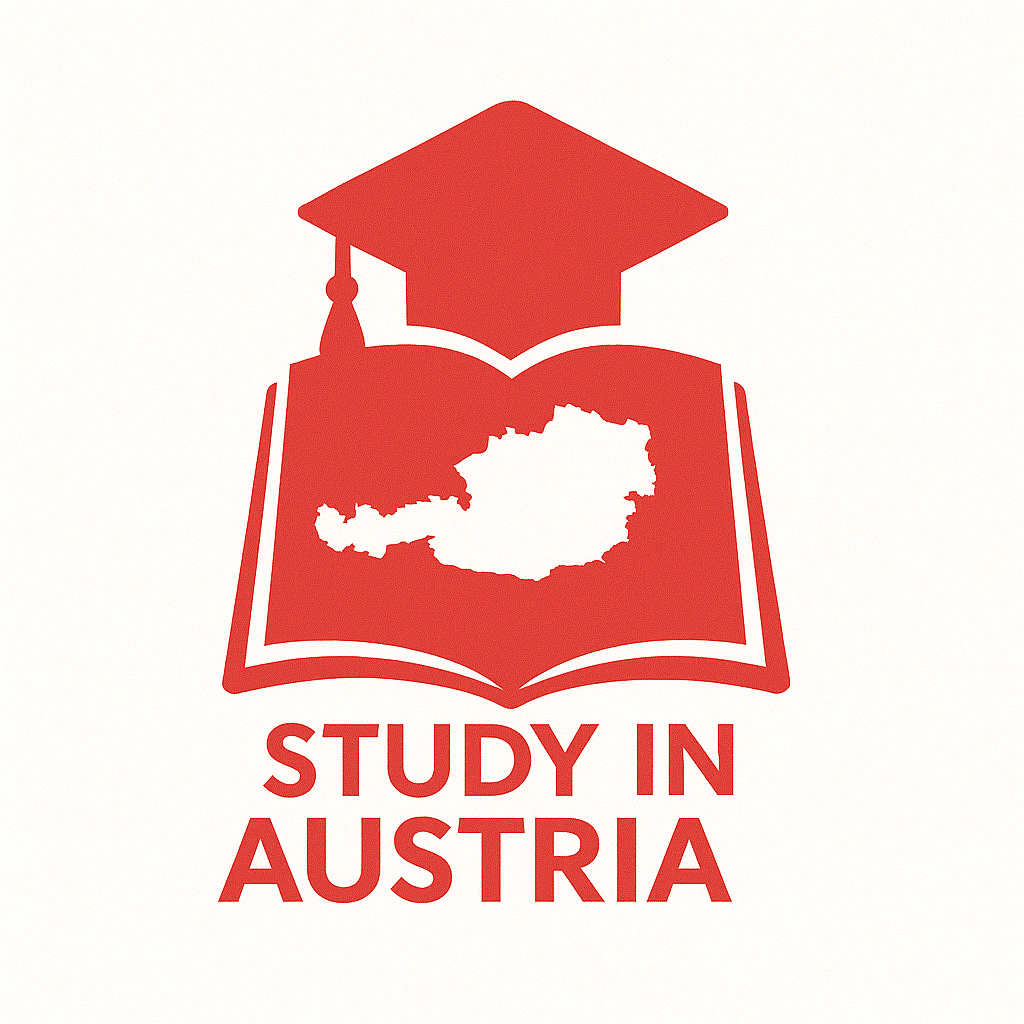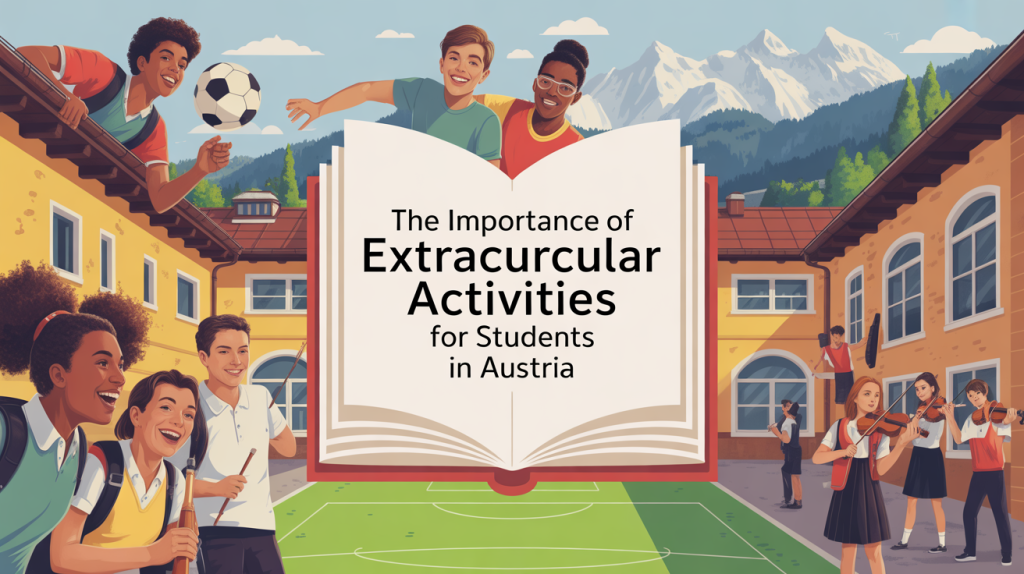The Importance of Extracurricular Activities in Austria
Quick Navigation
Key Benefits of Extracurricular Activities
Enhancement of Academic Performance
Engaging in extracurricular activities allows students to refresh their minds and break the routine of academic study. Various activities—such as sports, clubs, and artistic pursuits—can help students cultivate focus, stamina, and cognitive abilities, which are crucial for academic success. Research indicates that a balance between academic responsibilities and personal interests enhances students’ overall performance in formal education settings.
- Students involved in sports often demonstrate improved physical well-being, which correlates with better cognitive performance.
- Creative arts can stimulate diverse thinking and problem-solving skills, applicable in academic contexts.
- Clubs and societies can help students connect theoretical knowledge with practical applications, further enhancing understanding and retention.
Development of Social Skills
Extracurricular activities provide valuable opportunities for students to interact with peers, build friendships, and adapt to new social environments. These experiences are fundamental in nurturing social adaptability, confidence, and empathy—qualities highly esteemed by institutions across Austria.
- Group activities within clubs encourage collaboration, allowing students to learn from each other’s experiences and perspectives.
- Participation in activities helps overcome language barriers, making it easier for international students to forge meaningful connections.
- Social-driven events and lead projects can create a sense of belonging, essential for new entrants in a foreign academic environment.
Cultivation of Leadership and Teamwork
Extracurricular programs in Austria frequently encourage students to take on leadership roles. Whether organizing clubs, leading projects, or contributing to various initiatives, these activities allow students to demonstrate commitment, responsibility, and the ability to work collaboratively—attributes highly regarded within Austrian academic settings.
- Leadership roles in club management or project coordination equip students with essential skills that are transferable to their future professional environments.
- Students develop strong teamwork capabilities, learning to navigate group dynamics effectively.
- Encouragement of creativity and innovation through project work enhances problem-solving and critical thinking skills.
Building Community Engagement and Compassion
Volunteering and community service play essential roles in the extracurricular fabric of student life in Austria. Participation in these activities allows students to contribute positively to society, thereby gaining practical experience and developing a sense of social responsibility.
- Involvement in community service projects often aligns with students’ academic or professional interests, providing an authentic context for skills application.
- Regular participation in volunteer activities is viewed favorably by Austrian universities, demonstrating meaningful engagement and a proactive mindset.
- Such initiatives foster compassion and a greater understanding of societal challenges.
Cultural Perspective in Austria
The Austrian educational culture champions multidisciplinary growth, extending beyond academic achievement. The encouragement of extracurricular participation reflects a philosophy that education should encompass experiences outside the classroom.
- Austrian families and educational institutions recognize that structured free time—spanning play, volunteering, sports, or creative pursuits—bolsters personal development.
- The holistic nurturing of values such as respect, empathy, and social responsibility is deeply embedded within Austria’s educational framework.
Relevance for International Students
For international students, active engagement in extracurricular activities enhances both academic and social experiences in Austria. Furthermore, such involvement can strengthen application profiles for various opportunities.
- Austrian universities regard students with a balanced approach to education—who actively engage in both academics and extracurriculars—as adaptable and proactive.
- Participation in these activities often signals initiative and cross-cultural competence, traits that are highly valued in today’s global workforce.
- Engagement in diverse activities also provides international students with a platform to practice language skills and familiarities with local customs, further easing their integration.
Summary Table: Key Benefits
| Benefit | Description |
|---|---|
| Academic Enhancement | Improved focus, stamina, and overall academic performance |
| Social Skills | Development of friendships, adaptability, and empathy |
| Leadership and Teamwork | Opportunities for organizing, leading, and collaborative work |
| Community Engagement | Participation in volunteering, fostering compassion and societal contribution |
| Holistic Personal Growth | Emphasis on values, respect, and well-rounded development valued in Austrian society |
Take the Next Step with Study in Austria
At Study in Austria, we are committed to helping international students explore and engage with the breadth of educational opportunities available in Austria. Our resources include guidance on determining suitable programs, understanding the admissions process, and entering into the vibrant communities that Austrian institutions offer.

